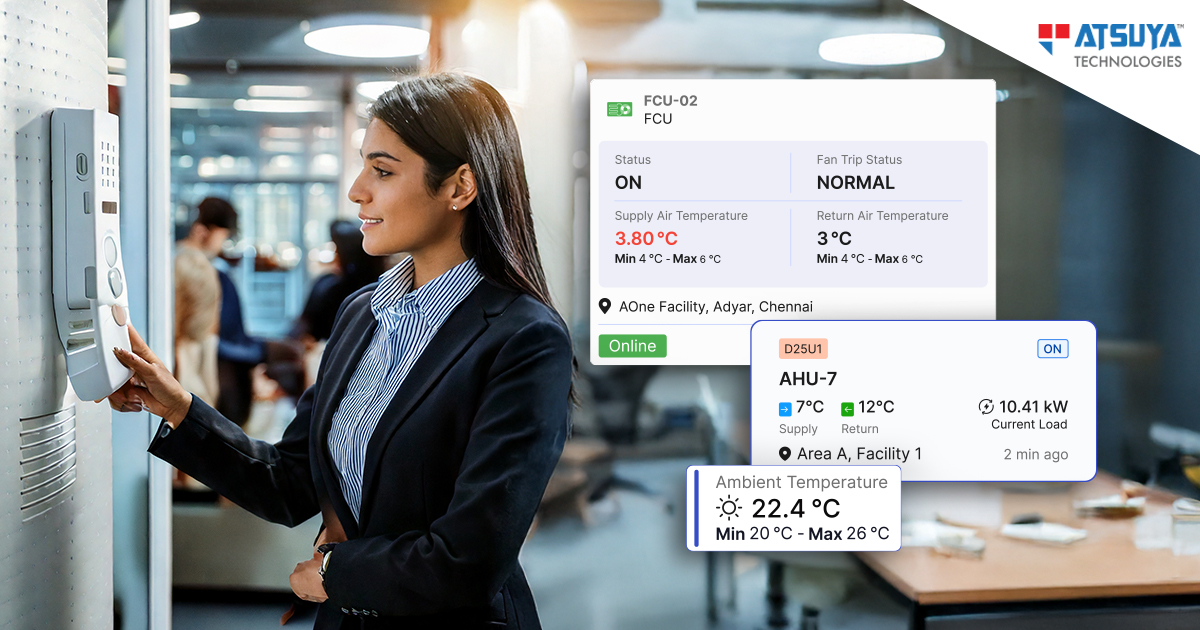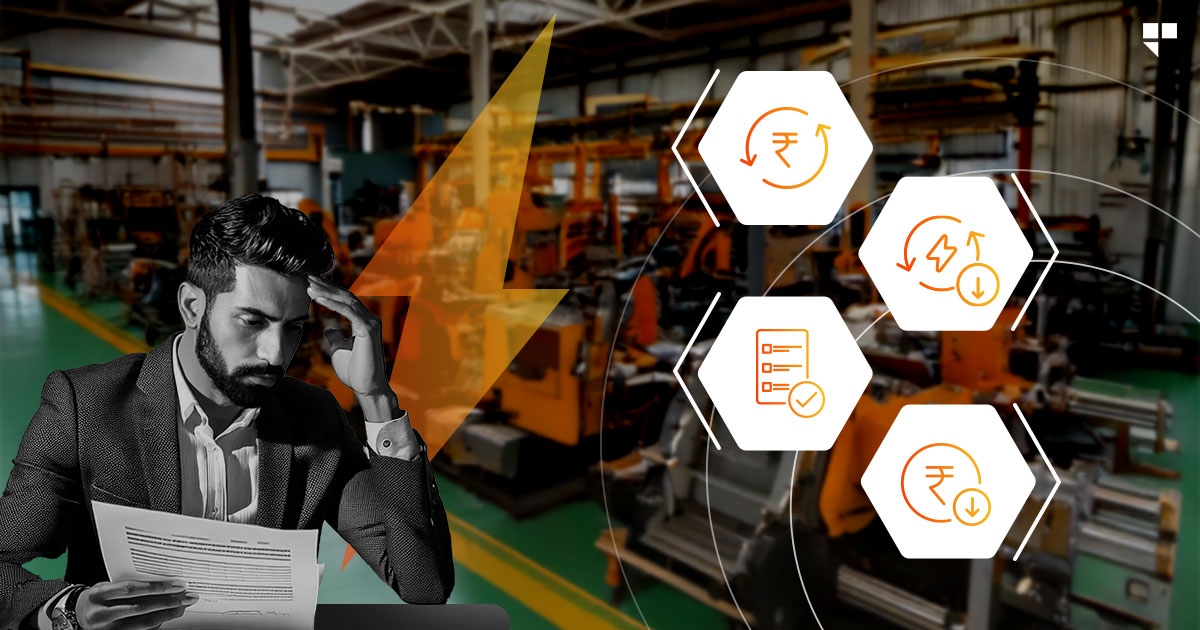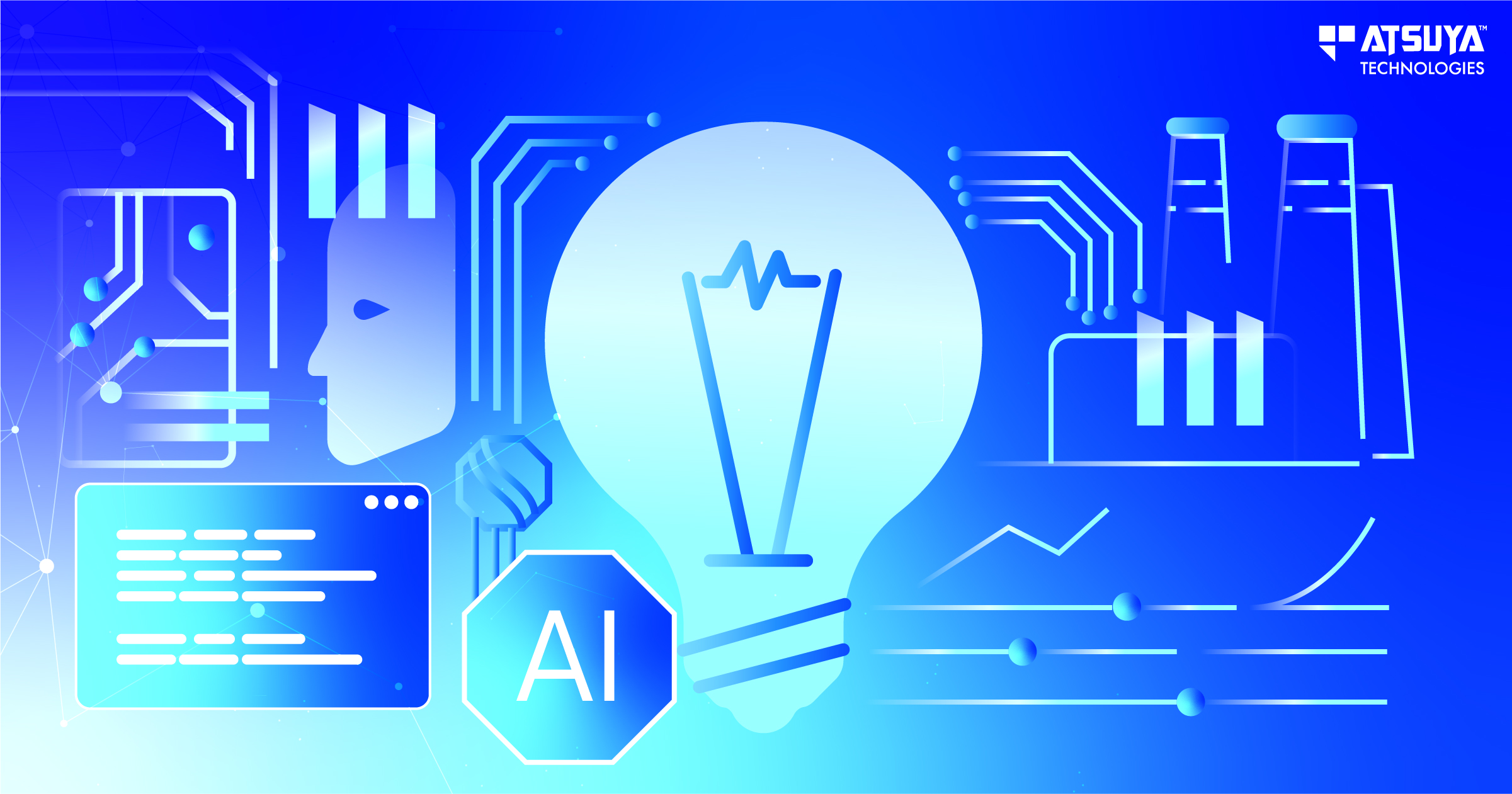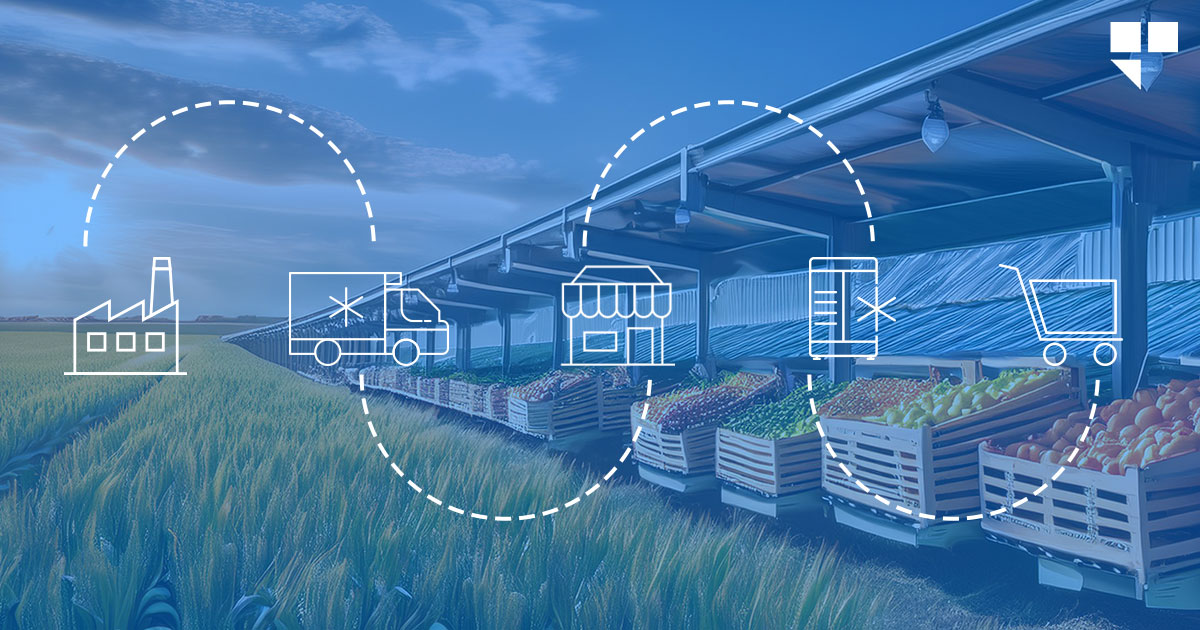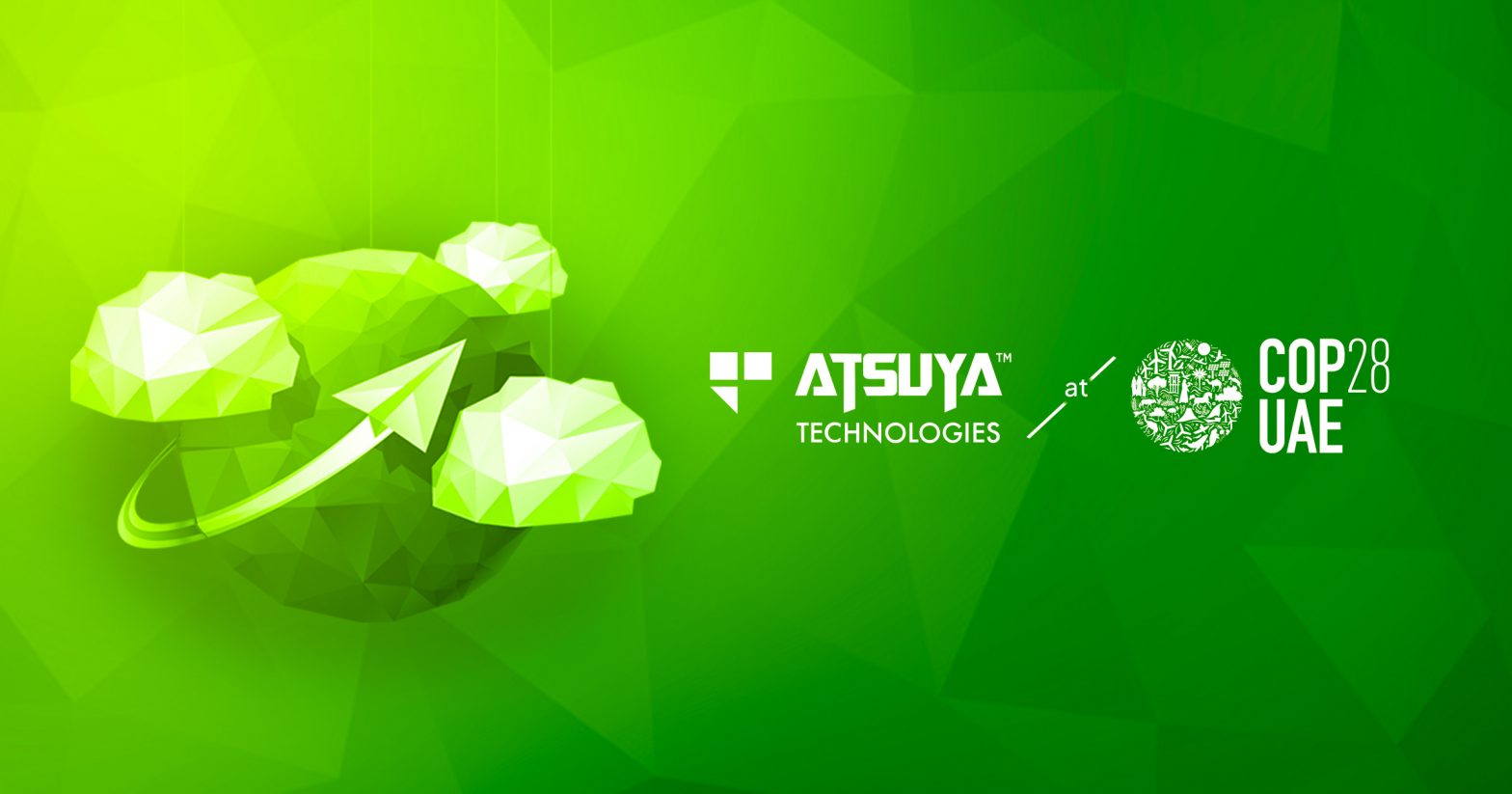
Being a part of COP28 was a great opportunity for Atsuya Technologies as an organisation. The theme for the event was how to keep the global temperature well below 2°C above pre-industrial levels and aim for 1.5°C through interventions at country levels. Financial commitment to invest in measures to reduce rising temperatures was also one of the sub-themes of the event.
Everything about COP28 surrounded sustainability. The event location, “EXPO 2020”, had a sustainability-themed infrastructure with multi-themed and multi-nation pavilions. This was a testament to the importance of actions and mechanisms to mitigate climate change.
Primarily, there were two zones in the event – Blue and Green. The nations and parties consisting of government representatives, observers, and overflows, negotiated and deliberated on the commitments and action plan in the Blue Zone. On the other hand, the Green Zone comprised pavilions on various themes, including energy transition, mobility, knowledge hub, opportunity, and other countries.
Conversations Around Energy Transition Mechanisms, Innovative Technologies, and More
The event circled around extensive conversation on energy transition mechanisms like green hydrogen, net zero, the decarbonisation of green zone cities, and more. In addition, using AI and data analytics for mitigation and carbon abetment was one of the key topics in discussion. The knowledge hub pavilion witnessed in-depth discussions about the importance of ESG and its impact on the balance sheet.
COP28 also had an insightful session on leveraging clean energy sources like nuclear energy for small-scale, distributed generation. This involved discussions about using Carbon Capture and Storage (CCS) technology for large-scale deployment. The conference also showcased technologies related to energy-intensive sectors. This included fertilizers and the production of green ammonia, as well as the latest technologies in power generation like multifuel gas turbine technology, fuel cells, and EV high-density battery storage.
Lastly, the Impact Hub hosted a showcase of how Industry 4.0 technologies can help businesses leverage the power of data interpretation, and analytics, and achieve ease of operations. Industry experts from energy and sustainability consulting verticals participated in the session, which was an eye-opener. They discussed the need to address captive demand, project financing, ecosystem, and decarbonising cities through incentivisation for local talent and access to better-paid jobs in the climate sector.
Key Takeaways from COP28
The following are some key takeaways from the many discussions that took place at the event:
> Access to finance in climate change technologies is available. However, investors are not ready for long-term investments.
> There is an ideal ecosystem for technology disruption in the sector, and nurturing local talent is expected to accelerate the increase in the talent pool further.
> The earlier models for clean technologies such as CDM and clean energy partnerships need to be reworked. Appropriate interventions can result in quicker adoption.
> Data-based authentication and accounting are key for focused technology interventions, and large and quicker mitigation.
> The access to finance by smaller companies in energy-intensive sectors like steel, cement, aluminium, etc., needs validation and credit rating to get easier access to available green funds. This, today, is only accessible by large corporations backed by credit agencies.
The adoption of climate change technologies in the design should be incentivised for companies and respective duties to be exempted for accelerated adoption.
Businesses have a huge impact on the environment. According to Forbes, just about 100 companies are responsible for 71% of the world’s greenhouse gas emissions. For this reason, we must start with businesses if we want to change the climate game for the better.
This is what we do at Atsuya. We help businesses leverage the power of data to reduce their greenhouse gas emissions, incorporate sustainable business practices, and achieve net zero eventually.
For more information, visit https://atsuyatech.com/home-page/esgsolutions/.

